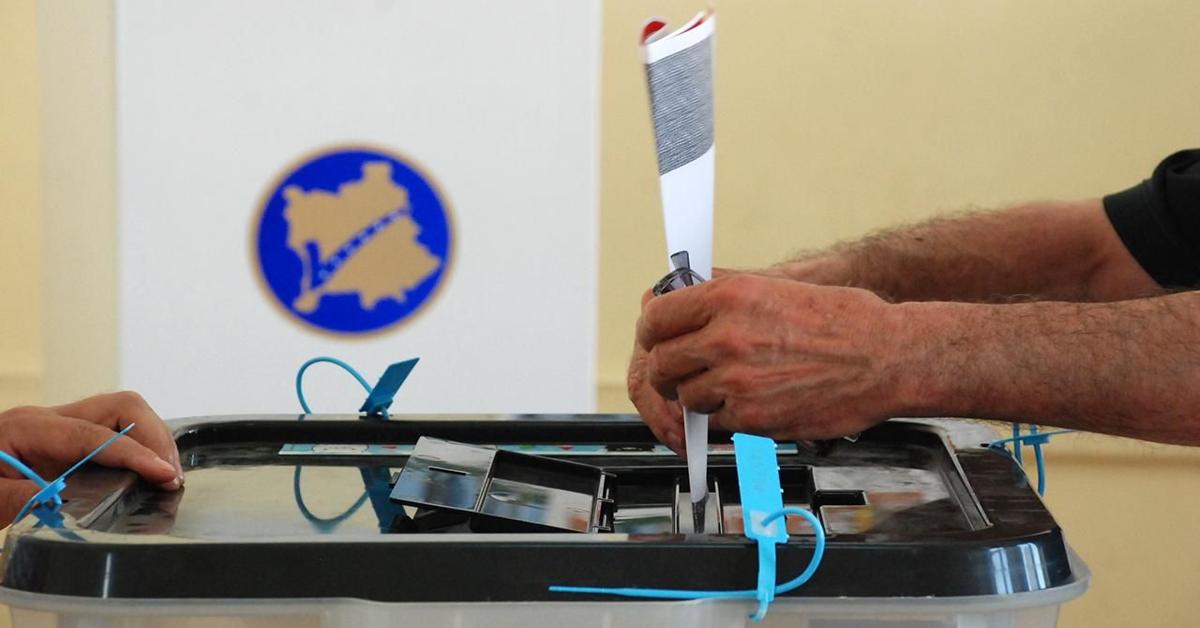
Kosovo Serbs boycotted local elections, citing dissatisfaction with the electoral arrangements; turnout remains very low as a result, and Albanian mayors are expected to remain in office until 2025
Kosovo Serbs chose to refrain from participating in Sunday's extraordinary local elections in predominantly Serb municipalities, which were aimed at electing new mayors. These elections were aimed at replacing ethnic Albanian mayors in four municipalities in northern Kosovo.
According to the Central Election Commission of Kosovo (KQZ), only 253 out of 46,556 registered voters in North Mitrovica, Zubin Potok, Leposavic and Zvecan participated in the vote, with a turnout of just 0.54% as of 7 p.m. local time. Polling stations operated from 7 a.m. to 7 p.m. (5 a.m. to 5 p.m. GMT) and 23 polling stations were set up, including in secure areas such as containers.
Political entities representing Kosovo Serbs have announced their intention to boycott the elections. The Serbian List, the largest Serbian party in Kosovo, announced their decision, citing changes made by the Kosovo government to the electoral regulations. They believe these regulations prevent the removal of mayors through electoral processes. The removal of mayors now requires a vote of at least 50% plus 1% of the municipality's registered voters.
Incumbent mayors of Albanian origin are expected to remain in office until the end of 2025. To ensure that the elections went smoothly, Kosovo police, NATO's KFOR, and the EU Rule of Law Mission in Kosovo (EULEX) implemented tight security measures.
In 2023, following a boycott by Kosovo Serbs that resulted in the victory of minority Albanian political parties, tensions erupted, marked by weeks of demonstrations. A clash between KFOR soldiers guarding municipal buildings and Serb protesters on May 29, 2023, resulted in several injuries among the soldiers.
As tensions escalated, the European Union called on Kosovo to hold new local elections and then imposed punitive measures for the country's inaction in deescalating the situation. The Kosovo government responded by enacting legal provisions allowing for the removal of the mayor through a specific process of collecting signatures followed by elections, a path that Kosovo Serbs followed in January by collecting the necessary signatures.
Source: AA